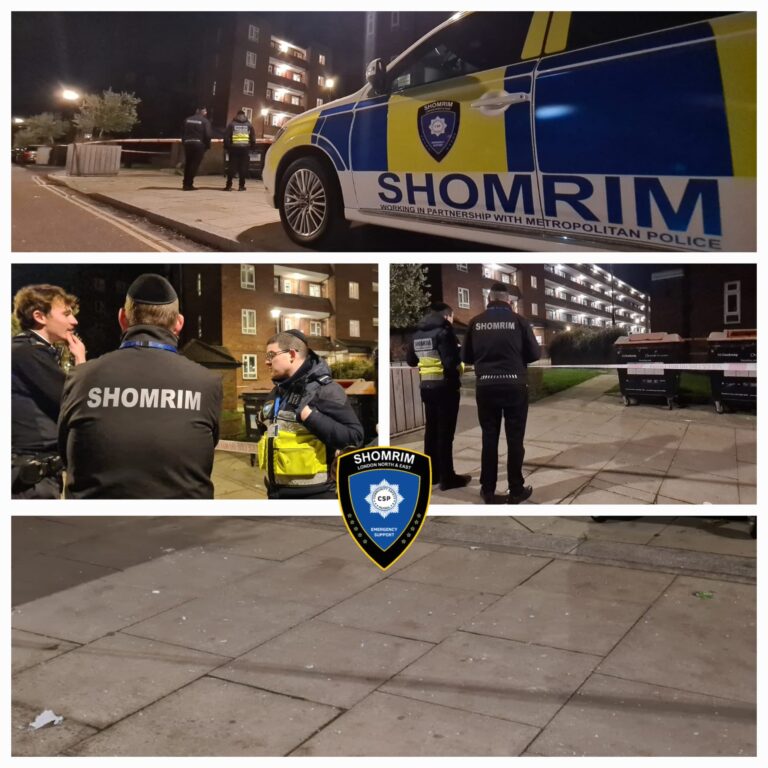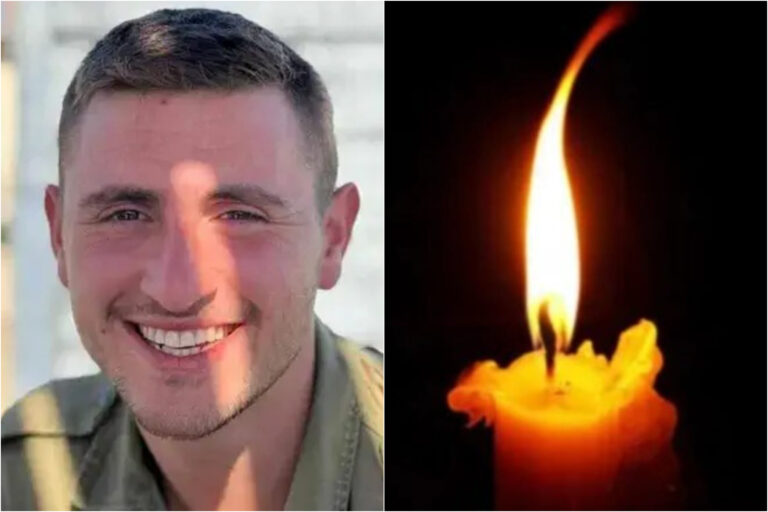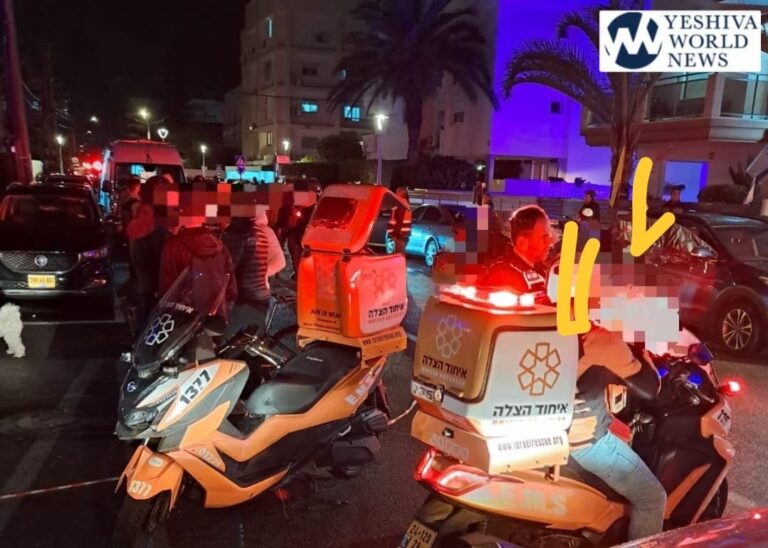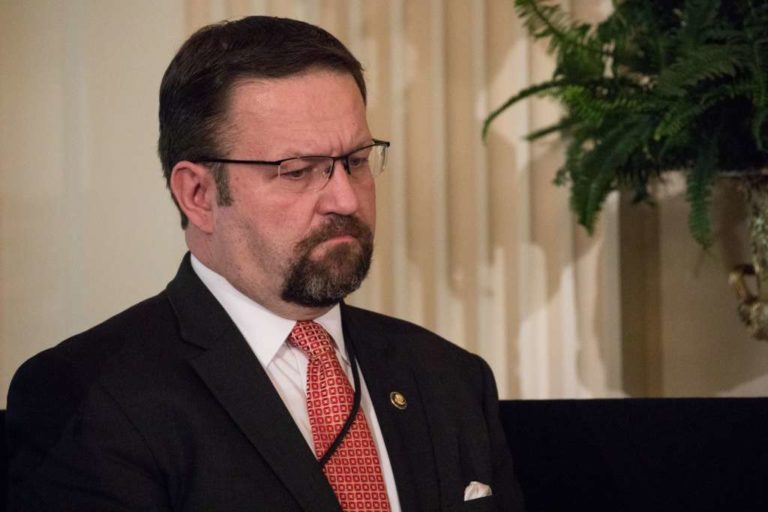Testimony began yesterday at a trial in which Ramapo wants to prove that a Monsey man was more of a landlord than a rabbi. The nonjury trial in state Supreme Court in White Plans is over the religious tax exemption claimed by Congregation Sherith Yisroel Vilednik, and subsequently denied by Ramapo, for a house purportedly occupied by Rabbi Herman Oberlander and two men he described as associate rabbis married to his granddaughters. Ramapo charges that Oberlander collected rents at 4 Roman Blvd. and that the building was undeserving of a tax break for religious reasons. The house, assessed at $73,800, would be subject to taxes of about $11,000 without the 100 percent exemption.
During his testimony before Supreme Court Justice Thomas Dickerson, Oberlander said the rents maintained the building. He said he lived there, as did Rabbis Abraham Fuchs and Shai Leib Tauber, who lectured his congregation. He said he couldn’t recall the names of his granddaughters living in the house. After all, he said, he had about 100 grandchildren. Earlier, the court heard from Peter Muzzi, a Ramapo code enforcement officer. He testified that the one-family house appeared to be illegally divided into three apartments. While that dispute continues in Town Court, it was touched upon during the session in state court. “It’s one-family,” Oberlander said of the house and its residents to questions from Deputy Town Attorney Michael Specht. “They come to me, I come to them.” Oberlander’s attorney, Joel Scheinert of Nanuet, said there might have been three kitchens � one for dairy preparation, another for meat and a third reserved for Passover. “This is a typical case in Monsey where there are small synagogues with small congregations,” Scheinert said of housing situations like Oberlander’s. Congregations also move, and sometimes share quarters, he said. “Some have allegiance to a particular rabbi,” Scheinert said during a court recess. “Some have allegiance to a particular sect.” Oberlander testified his congregation shared quarters at 10 Youmans Drive in Spring Valley with Congregation Ohr Yisroel Vilednik, led by his son, Rabbi Chaim Oberlander. Herman Oberlander sold that property, as well as an adjacent one at 13 Dorset Road, to his son’s congregation. Specht asked Oberlander about an apartment in Brooklyn, which Oberlander called an office where he lived years ago. Oberlander said he has a condo in Miami, Fla., but was uncertain whether he was registered to vote in Florida. Specht quizzed Oberlander about multiple real estate corporations. “How many corporations are you affiliated with?” Specht asked. “More than you can count?” Oberlander either responded that he couldn’t recall, or was not involved with them. He said he was one of 20 partners in a 30-unit Brooklyn apartment house. “Do you live in any of the apartments?” Specht asked. “What do you call live?” Oberlander answered.










